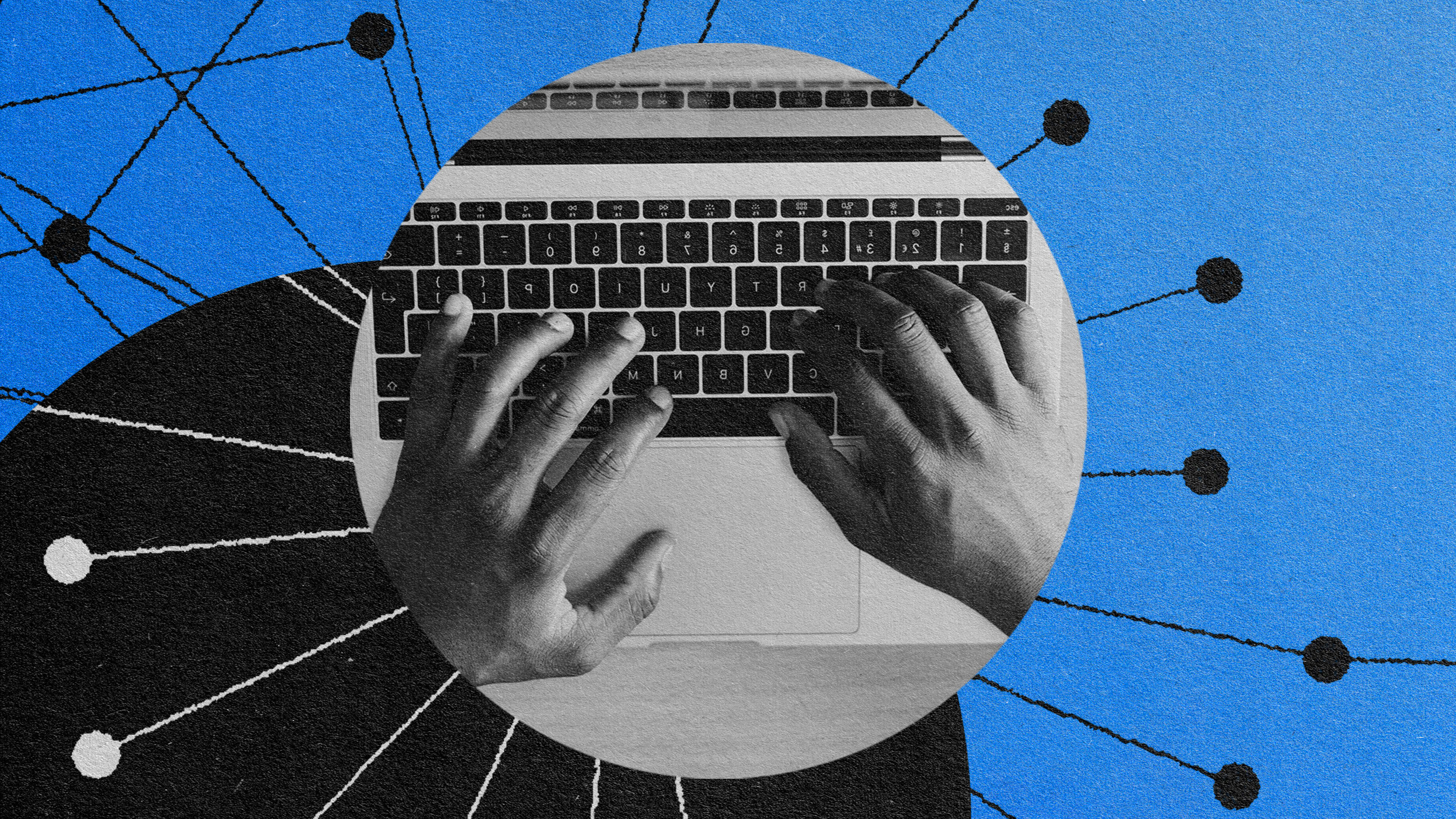Receiving your salary in cryptocurrency is now a thing

Shutterstock
- Cryptocurrencies are constantly becoming more mainstream.
- With the changing landscape of work and workers, financial systems also need to evolve.
- Cryptocrrencies have a lot to offer workers in this new age, but they still have some hurdles to face before they become the norm.
Since 2018, cryptocurrencies are no longer operating just on the fringes of the financial system.
Digital currencies have made significant inroads at traditional financial institutions so much that many banks already offer Bitcoin investment options. Several prominent retailers, including Starbucks, Whole Foods, and Nordstrom, are already accepting Bitcoin at checkout. More importantly for the future of the currency, global regulatory oversight has matured since Bitcoin and other cryptocurrencies burst on the scene a few years ago.
With cryptocurrencies becoming more mainstream all the time, it only makes sense for them to be affecting other elements of the financial system, which is exactly what we are starting to see in the significant sector of employee wages.
While it’s true that right now those receiving their salaries in crypto are an oddity, this won’t be so in the long run.
The way we view work is changing
There is a shift happening in the very way work and compensation are viewed in the world today. Rather than working traditional 9-5 jobs, many employees, particularly younger ones, are joining the gig economy, choosing to be their own bosses and work for short-term, temporary contracts for everything from freelance work to driving an Uber.
In the U.S. alone, 57 million people participate in the gig economy, where transfers and transaction costs are the norm. This is a landscape in need of secure, fast, and cheap solutions that will improve participants’ lives significantly.
Currently there are many pain points and regularly occurring annoyances in the market.
For example, 58% of freelancers have experienced not getting paid for their work, an issue that can be easily solved with the usage of smart contracts—a blockchain-based technology that enforces contracts without the need of a third party.
As Saif Benjaafar, director of the Initiative on the Sharing Economy at the University of Minnesota, notes, “Technology has emerged in the last couple of years, including blockchain and cryptocurrencies, that could in principle take the platform out of the business of payment processing and disbursement and enable peer-to-peer payments.”
If the future of work looks anything like the gig economy, then it needs the future of financial technology to moderate the movement, making crypto payments a natural next step for this evolution. What’s more, these developments are within reach. Already, platforms like BitPay make it possible for employees to receive compensation in crypto, with funds deposited directly into their bank accounts. It’s a seamless process that reflects the ease-of-use necessary to make crypto paychecks a reality.
Eynat Guez, CEO of fintech payroll company Papaya Global, stated:
”We’re seeing more and more companies inquiring about the possibility of integrating crypto payments within their payroll. At the moment a lot of the demand comes from companies having to make payments in currencies prone to fluctuations such as Chinese yen, Brazilian real and Russian ruble, but we see this broadening out to dollar, euro and pound salary payments as companies see the viability and effectiveness of crypto payments”
Of course, crypto paychecks aren’t just prescient for the gig economy. They have implications for the global economy as well.
The global economy
Today’s economy is undoubtedly a global economy. Still, not everyone has the same access to financial services.
It’s estimated that 1.7 billion adults around the world operate outside of the financial system for various reasons, making their work compensation both incredibly important and increasingly difficult. This is why, among other reasons, Facebook recently released a white paper for Libra, a stable cryptocurrency that will allow users around the world to send and receive payments for the goods and services that they provide.
As TechCrunch explains, “It could be used to offer low or no-fee payments between friends or remittance of earnings to families from migrant workers abroad who are often gouged by money transfer services”
In this way, cryptocurrencies are equipping an entire portion of the population to better acquire and manage their financial well-being.
At the same time, today’s global economy continually relies on cross-border payments, and many digital currencies, including Bitcoin, Bitcoin Cash, and Ripple can make this entire process more seamless, raising the specter that cryptocurrencies will be used to remit people’s paychecks.
What’s standing in cryptocurrency’s way?
While some companies are already compensating their employees in crypto, hurdles to broad adoption certainly remain.
Perhaps most obviously, cryptocurrencies can be extremely volatile. Employees can’t afford to see their paychecks significantly diminished because of erratic market movements. At the same time, the regulatory infrastructure surrounding digital currencies still treats cryptocurrencies as appreciable assets, something that doesn’t adequately account for using crypto as a payment methodology.
However, each of these problems have developing solutions, and it’s easy to presume that crypto payments will become more palatable as the industry evolves further.
Even now, many companies are offering their employees compensation in crypto. SC5, a Danish, a cloud services development company, has been paying their employees in Bitcoin since 2013. Moreover, GMO Internet, an internet provider based in Tokyo, allows employees to be paid up to $880.00 of their monthly salaries in Bitcoin.
These compensation experiments underscore the fact that there is a burgeoning demand for crypto-funded paychecks, and there are several opportunities to bring that to fruition. From making the gig economy more reliable to equipping employees in emerging economies with quick and secure payments, cryptocurrencies could be coming to more paychecks soon.





